
The world of professional sports is one of the few arenas that displays this dynamic in a more vivid manner than any other arena. In this world, enormous sums are not only gained, but they are also deliberately used in order to obtain the most prized prizes of all: the teams themselves. The modern sports owner is more than just a fan with significant pockets; they are a visionary, a mogul, and a pivotal role in the ecosystem of American athletics, which is worth several billions of dollars. They have an impact that extends from the sketch room to the skyboxes, and it is this influence that shapes the very cities that they symbolize.
Throughout the year 2026, the financial landscape of sports ownership continues to undergo a remarkable transformation at an ever-increasing rate. There has never been a time when the distinction between sports and entertainment has been more hazy than it is right now. Furthermore, media rights deals are breaking records, franchise valuations are skyrocketing into the stratosphere. This climate has resulted in the emergence of a new kind of extremely affluent people, for whom the ownership of a team represents the pinnacle of achievement and a potent means of expanding their sphere of influence significantly. Not only is the battle taking place on the field, but it is also taking place in the boardrooms where these deals are being negotiated.
Being the owner of the wealthiest sports team in the United States of America in 2025 is more than just a badge of honor; it is a demonstration of a particular kind of financial dominance. It is a measure of an individual’s capacity to navigate intricate leagues, oversee enormous payrolls, and make investments in cutting-edge infrastructure, all while preserving the financial resources necessary to compete at the highest possible level. These owners are guardians of municipal pride and creators of worldwide brands, and the wealth that they possess is the gasoline that drives these massive businesses.
Within the scope of this unique in-depth investigation, Nubia magazine reveals the financial titans who are in charge of the sidelines. A list of the top ten persons whose net worth characterizes the topmost echelon of sports ownership today has been painstakingly developed by our team over the course of months. Join us as we investigate the portfolios and interests of the wealthiest owners of sports teams in the United States of America in 2026. These individuals range from retail heirs and software billionaires to financial wizards.
List Of Top 10 Richest Sport Team Owners In America 2026
1. Steve Ballmer
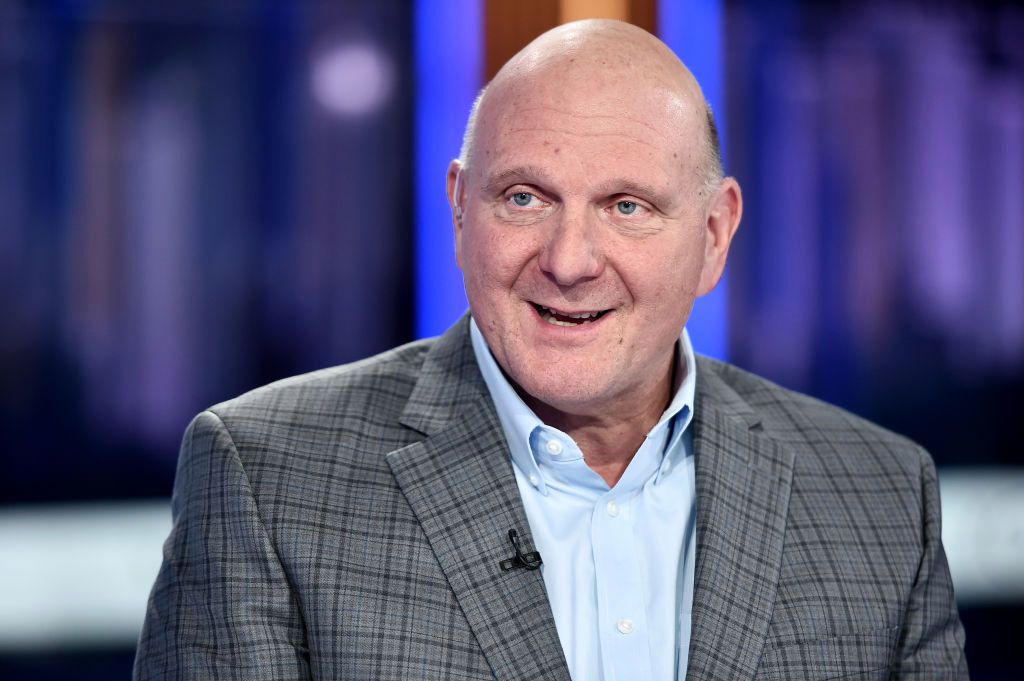
Steve Ballmer, the former CEO of Microsoft, is the clear winner of the title of Richest Sport Team Owner In America 2026. His time with the Los Angeles Clippers has been marked by a vision that goes beyond the basketball floor and changes everything. Ballmer’s devotion is well-known, but it’s his business sense that has really changed the team. He bought the franchise for $2 billion in 2014 and led the building of the stunning Intuit Dome, which is expected to debut for the 2024–25 season. Not only is this state-of-the-art arena the Clippers’ new home, but it also shows that they mean business and want to have the best home-court advantage in the NBA. Ballmer’s fortune, which comes mostly from his large Microsoft holdings, lets him run the Clippers in a way that combines aggressive financial investment with long-term strategic planning. This makes them a permanent power in the modern NBA.
2. Rob Walton
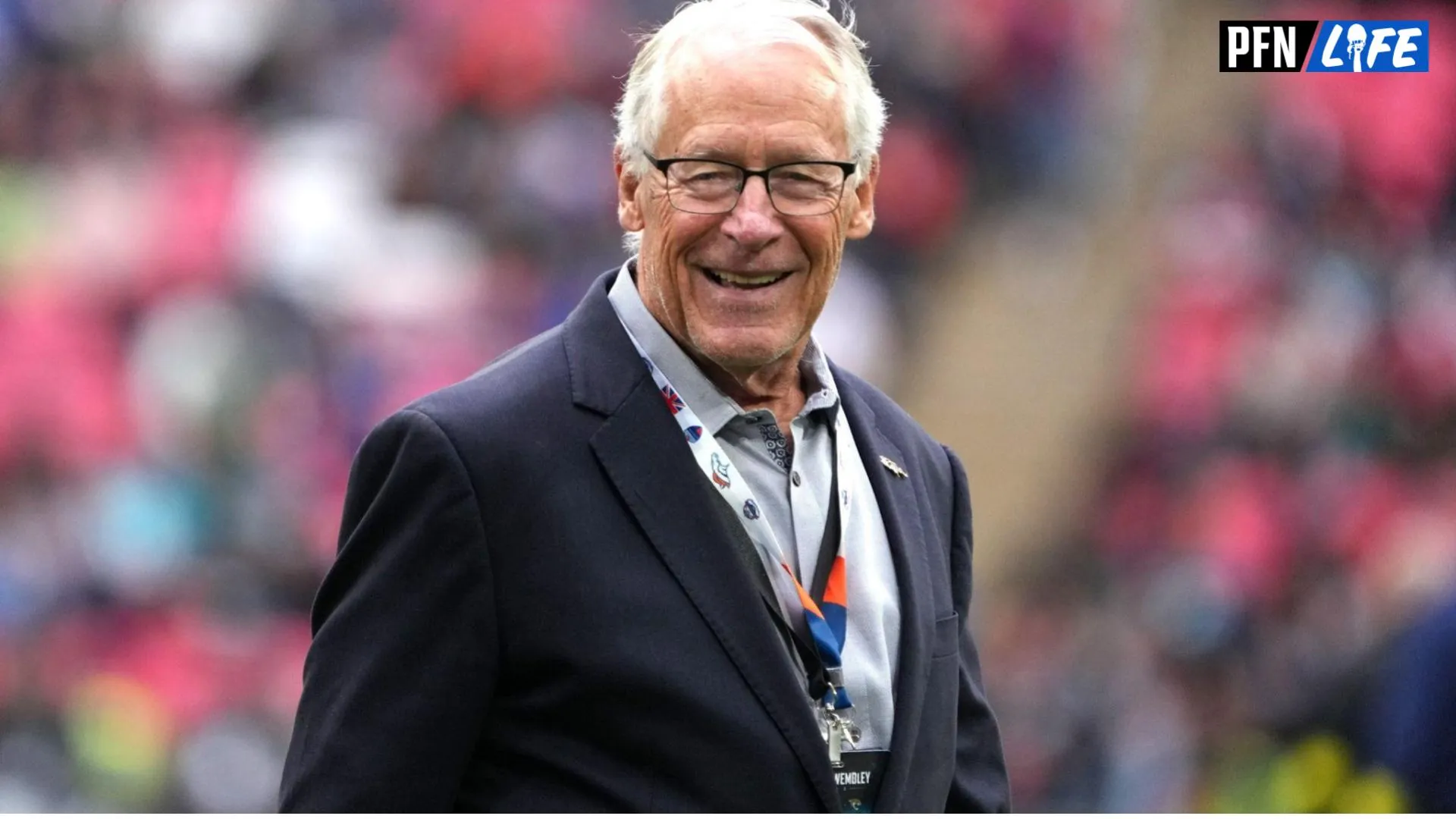
Rob Walton, the heir to Walmart, made one of the biggest sports deals in history when his company bought the Denver Broncos for a record-breaking $4.65 billion in 2022. This action immediately made him one of the most powerful people in American athletics. Walton is a calmer, more reserved owner than Ballmer, yet his effect is just as strong. The Broncos have never had more stability and resources than they have now, thanks to his huge wealth from the world’s largest store. Everyone in the NFL thinks that Walton’s vast finances will help the Broncos make big moves in free agency, improve their facilities, and invest in their front office. This will make sure that this famous team stays competitive for years to come.
3. Miriam Adelson
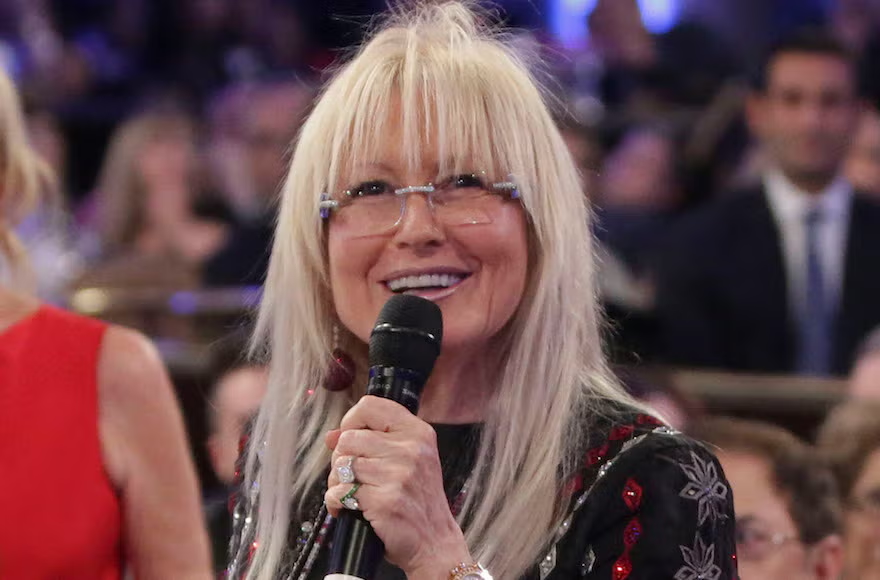
Dr. Miriam Adelson is a key and strong new member of this select club. Sheldon Adelson, her husband, died, and she inherited a huge wealth that came mostly from the Las Vegas Sands casino business. Adelson made a deal to buy a majority ownership in the Dallas Mavericks from Mark Cuban in late 2023. This shocked the sports world. Even though the trade still needs final approval from the league, it’s a sure thing that she will be on this list. Her possible ownership means a new chapter for the Mavericks, backed by a lot of money. Her power might be very important in figuring out the complicated world of sports betting and real estate development. It could even help pay for a new arena and make the Mavericks a top NBA team.
4. Henry Samueli

Henry Samueli may not be as well-known as some of his peers, but he has had a lasting effect on athletics in Southern California. Samueli and his wife Susan have owned the Anaheim Ducks since 2005. He is one of the founders of Broadcom. The Ducks have been a model of stability and success under his leadership, and they won the Stanley Cup in 2007. His systematic and patient way of establishing teams shows that he has a background in engineering. His huge wealth makes sure that the Ducks have the best facilities and the money to compete in the NHL’s salary cap environment. He is a perfect example of an owner who gives his hockey operations team the tools and stability they need to do well. He would rather develop a winner through sensible management than through flashy changes.
5. Daniel Gilbert

Daniel Gilbert has been a big part of the NBA for almost 20 years as the founder of Rocket Mortgage. People know that he is very involved and enthusiastic about owning the Cleveland Cavaliers. Gilbert’s wealth helped develop the squad that won Cleveland’s first major sports championship in 52 years in 2016. He paid huge luxury tax bills to surround LeBron James with a championship-caliber group. Gilbert has changed downtown Detroit in a big way, leading huge real estate development initiatives that go beyond basketball. His money means that the Cavaliers will always be willing to spend to win, and he wants to build a healthy and thriving community around his club.
6. Robert Pera
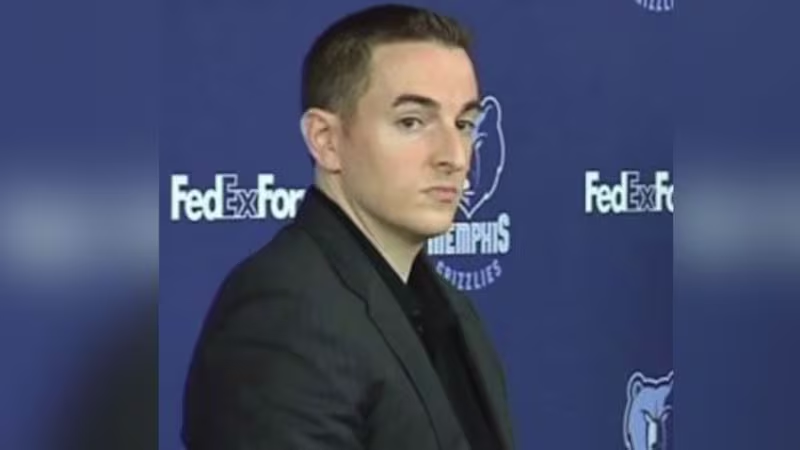
Robert Pera, the founder of Ubiquiti Inc., is one of the new breed of tech billionaires. Pera bought the Memphis Grizzlies in 2012 when he was still somewhat young. He has built his team in a way that is based on statistics and sometimes not what you would expect. He doesn’t get a lot of attention from the public, but he made his dedication to Memphis stronger when he bought out the minority owners and took full control of the organization. Pera’s wireless technology company makes him a lot of money, which gives the Grizzlies a strong financial base. He has put a lot of money into modern analytics, player development, and community programs, which has helped him establish a young, entertaining club that is always a contender in the Western Conference.
7. Tepper David
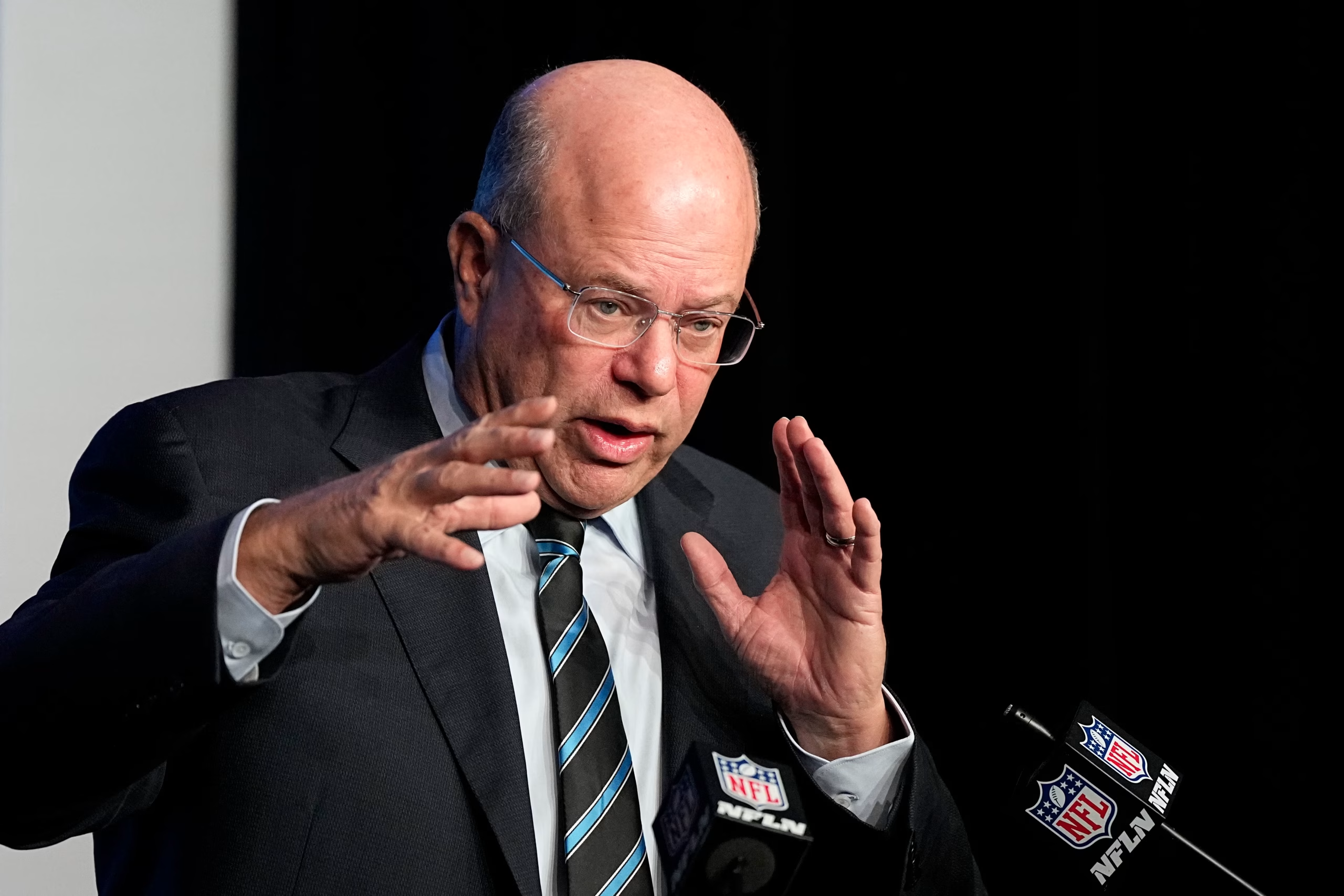
David Tepper owns both an NFL and an MLS team, which gives him a lot of power over American sports. Tepper is the founder of Appaloosa Management, a very successful hedge fund. He is regarded for being aggressive and smart. He bought the Carolina Panthers in 2018 and then started Charlotte FC, which broke MLS attendance records. Tepper’s teams have had some problems on the field lately, but he has the money and patience to see a long-term rebuild through. He is also very interested in infrastructure, as seen by his plans for new, state-of-the-art practice facilities and stadium enhancements. This shows that he is deeply committed to both teams for the long run.
8. Steve Cohen
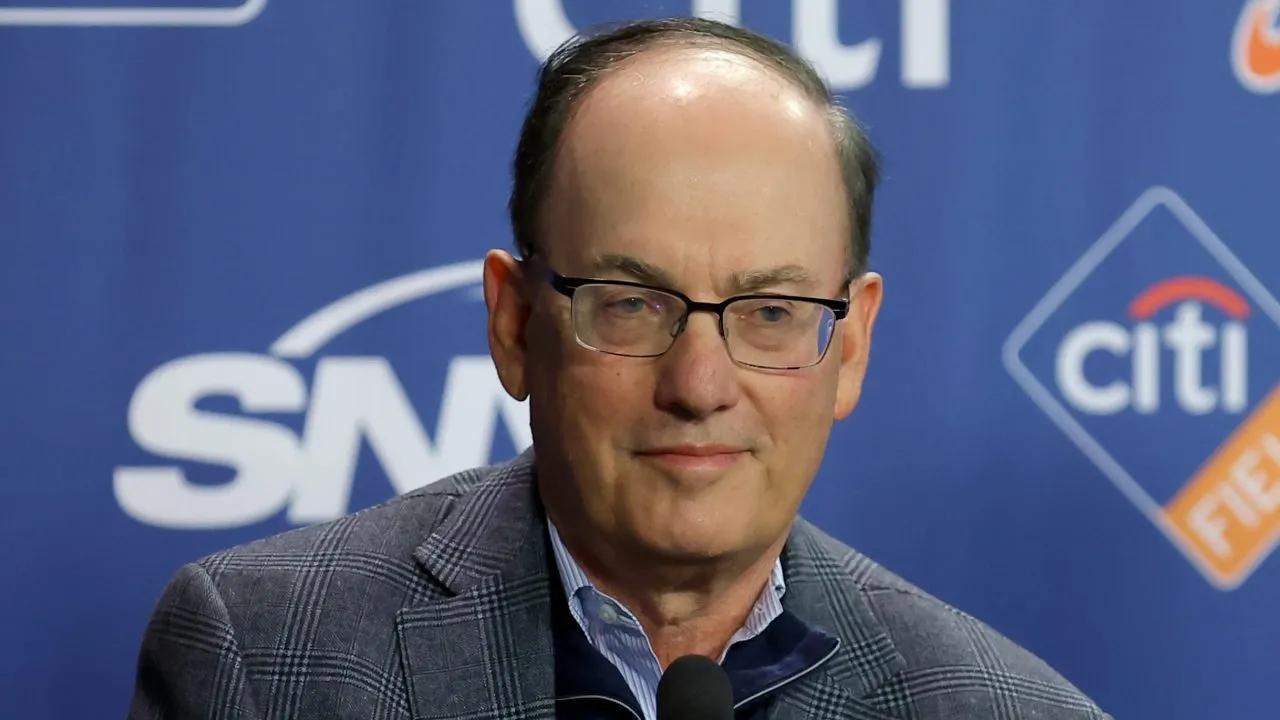
When Steve Cohen bought the New York Mets in 2020, it shook up Major League Baseball. Cohen is the founder of Point72 Asset Management and has been a Mets fan since he was a child. His wealth lets him play in a league of his own in the sport. He has broken MLB salary records, which shows that he is prepared to spend more money than ever before to bring a World Series title back to Queens. His method is a new kind of “moneyball”—using a lot of money to take on expensive contracts and spend more than issues. Cohen is the ultimate test for Nubia magazine’s readers to see if a single-minded focus on financial domination can lead to championship achievement in a sport with a lot of built-in ways to keep things fair.
9. Stanley Kroenke
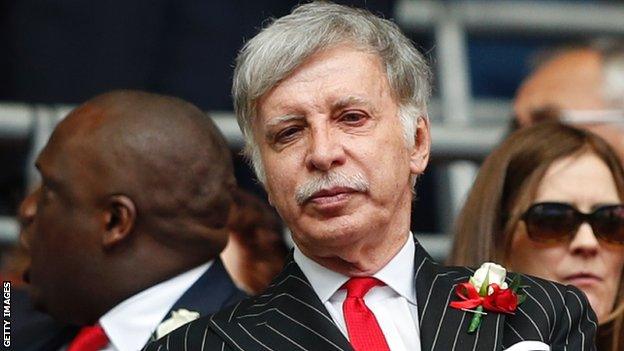
Stan Kroenke owns not just franchises, but a whole sports empire. Kroenke Sports & Entertainment, his holding firm, gives him influence over a number of top-class franchises around the world. The $5 billion SoFi Stadium complex in Los Angeles is his biggest success. It helped move the Rams from St. Louis and has since hosted a Super Bowl and a College Football National Championship. His clubs have done quite well; the Rams won a Super Bowl in their own stadium, while the Nuggets and Avalanche won titles in their own leagues. Kroenke’s plan is to vertically integrate his many businesses in real estate, media, and sports to make them work better together.
10. Jerry Jones
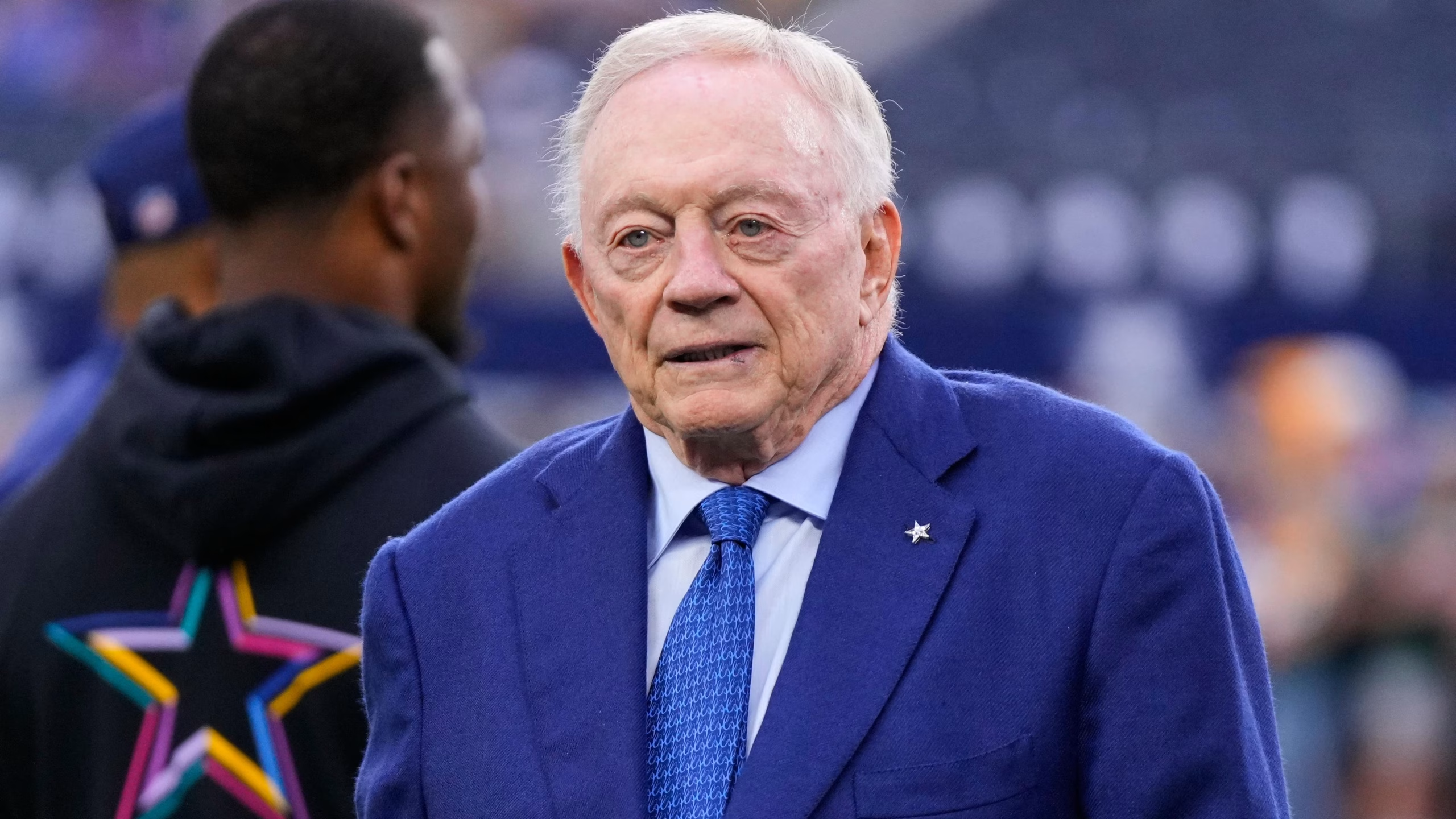
Jerry Jones may have the least money on this list, but he is probably the most powerful owner in all of American sports. Jones bought the Dallas Cowboys in 1989 and turned them into the most valuable sports club in the world. Jones was a specialist at marketing and negotiating. He was a big part of the NFL’s modern TV arrangements and revenue-sharing schemes. His money, which is boosted by the Cowboys’ brand power, will last forever. Jones is the perfect owner-operator since he is involved in every decision about football and business. Jones’ vision is what made the Cowboys so popular and rich around the world. This shows that influence is not just about how much money you have, but also about how you use it to establish an empire.






you’re really a good webmaster. The website loading speed is amazing. It seems that you are doing any unique trick. Also, The contents are masterwork. you’ve done a fantastic job on this topic!